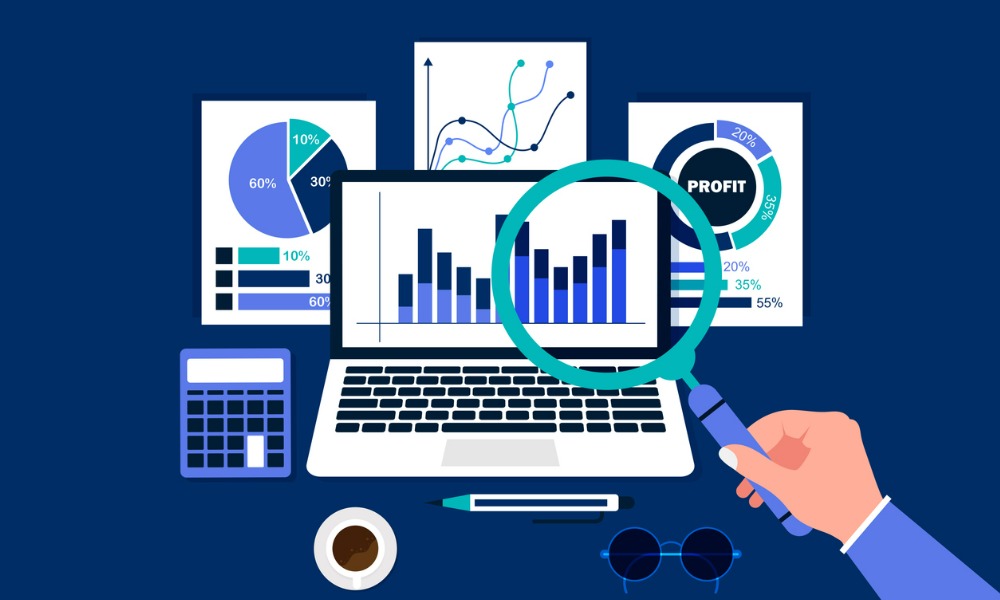
Survey shows most popular features of monitoring tools used by employers

Interest in employee tracking software went up 122% in the last 12 months — though employers are being warned against going too far in using such tools.
Google searches for the terms "employee tracking software" in the United States increased to 1,600 monthly in May 2023, up from the 720 searches in June 2022, according to StandOut CV's analysis of Google data.
By state, Arizona had the highest annual searches per 1,000 employers with 589, followed by Texas with 472, and Alaska with 471. The top 10 states include:
Without accounting for the number of active employers in the state, California had the highest number of annual Google searches for employee tracking software with 541,920.
"To see that interest in monitoring employees in the US is on the rise so sharply should be concerning for many employees who may not understand how these tools truly work," said Andrew Fennell, director at StandOut CV, in a statement.
The number of large employers using tracking tools doubled since the beginning of the pandemic to 60%, according to Gartner in 2022.
This figure is also expected to rise to 70% in the next three years, despite the tools' impact on retention and recruitment efforts. In a survey among IT managers by digital employee experience company 1E, 28% saw an uptick in employees quitting, while 27% saw difficulty in hiring new employees as monitoring tools get implemented.
Employees may be growing wary of potential privacy invasion, as the scope of what monitoring tools can track becomes more extensive.
According to StandOut CV's analysis, the most popular feature among monitoring tools is time tracking, where 96% of such tech can see how long employees spend working tasks, sometimes even without their consent. Other popular features of monitoring tools include:
The data collected by these features could be a useful resource for organisations, however, some are warned on going overboard when it comes to monitoring staff.
"Monitoring can be good for business efficiency, however, recording video and audio will be considered a step too far by many employees who may look for a job elsewhere," Fennell said.